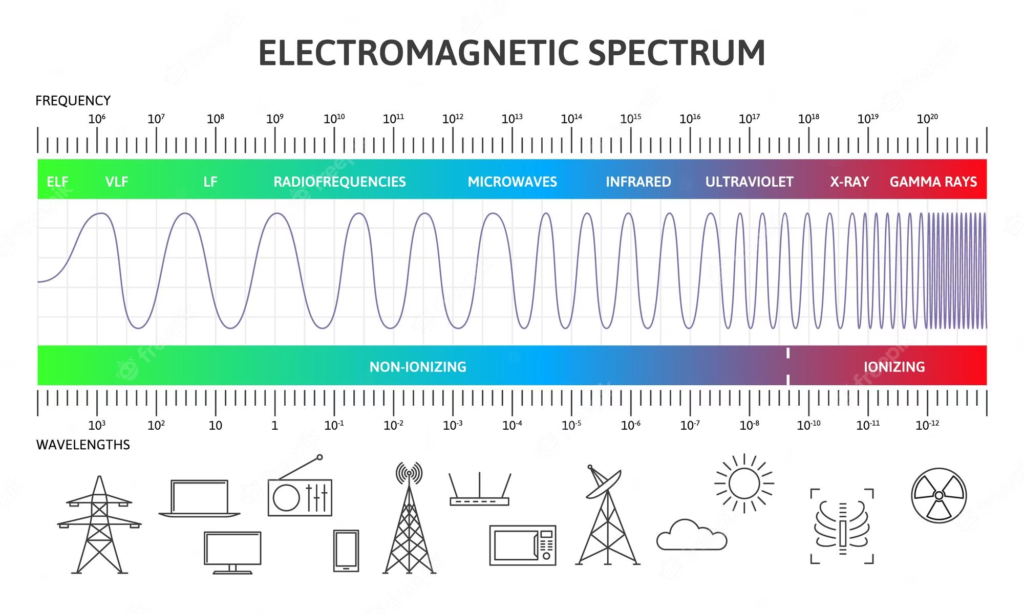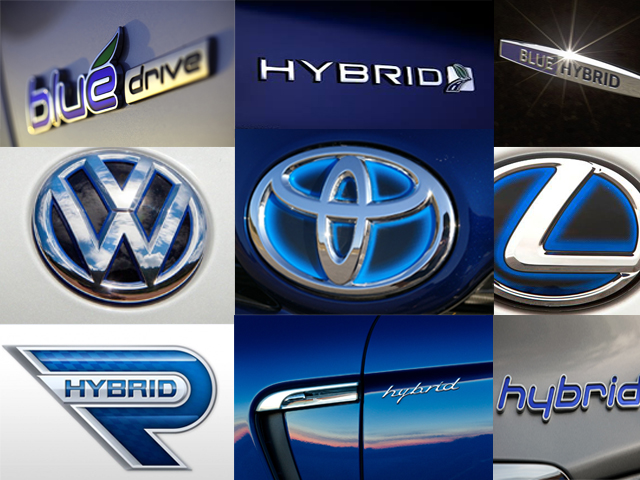Introduction
Hybrid cars have been gaining in popularity recently as a cleaner alternative for traditional petrol & diesel-powered cars. They are an appealing option for people who are trying to reduce their impact on the environment. Hybrid vehicles offer less pollution and are better in fuel efficiency. But constant worries, still, is whether hybrid vehicles are unhealthy or not. We’ll look into this subject in this blog. Let’s separate reality from myths and highlight the possible negative effects of hybrid cars on human health.
The first thing that comes to mind when we discuss hybrid cars is “Electromagnetic Fields.” But many of us are still unaware of what electromagnetic fields are.
Table of Contents
Definition of Electromagnetic Fields (EMFs)
Electricity-using devices like electricity lines, gadgets that use electricity and even hybrid cars produce magnetic fields (EMFs). Electromagnetic Fields are like invisible covers of energy around us. They reflect the “energy waves” that these objects produce. Although they may sound kind of strange but are they truly around us and provide the energy for the devices we use on a daily basis. It’s crucial to understand that most of the time the energy from EMFs is really low and has no negative effects on us.

EMFs in Hybrid Cars
Since hybrid vehicles use both petrol and diesel engines and electric motors, there are questions concerning the electromagnetic waves that they generate when in use. The electric parts of hybrid vehicles, such as the electric motor, power electronics, and battery management system, are the main generators of EMFs.
Potential Health Risks
Long-term exposure to EMFs and possible negative effects on human health are the main topics of this blog. According to some studies, exposure to high amounts of EMFs over an extended period of time may raise the risk for getting certain diseases, including cancer. But many studies, however, have not clearly proven a direct link between ordinary EMF exposure levels and negative health impacts.
Regulatory Standards and Safety
Governments and international organizations have set limits and safety guidelines for permitted amounts of EMF exposure. They make sure that exposure to EMFs stays well below possibly harmful levels. Agencies like the Institute of Electrical and Electronics Engineers (IEEE) and the International Commission on Non-Ionizing Radiation Protection (ICNIRP) came up with guidelines. Government safety tests do not measure the strength of the fields in vehicles — though Honda and Toyota, the dominant hybrid car makers, say their internal checks assure that their cars pose no added risk to occupants.”
Current Scientific Understanding
It is generally agreed on by scientists that the EMFs released by hybrid vehicles are very low and within safe ranges. The EMF levels produced by hybrid vehicles are similar to or less than those released by other commonly used electronic equipment, such as cell phones and home appliances.
Air Quality and Emissions
The potential of hybrid vehicles to lower air pollution and improve air quality is one of the main factors driving people to purchase them. When compared to normal petrol, diesel-powered cars, hybrid vehicles have less air pollutants since they mix petrol or diesel engine and an electric motor.
Recycling Methods
While it’s true that hybrid vehicles produce less harmful pollution including nitrogen oxides (NOx) and particles. Some of critics argue that these advantages may be overshadowed by the costs related to manufacturing and disposing of the batteries used in hybrid cars. It’s vital to remember that recycling methods and battery innovations both are improving with the time, reducing any possible harm to the environment.
Noise Pollution
The decline in noise pollution provided on by hybrid vehicles is another factor that is often ignored. When operating in electric mode, they make a lot less noise than conventional internal combustion engines. This may result in calmer streets and less stress for city people, both of are beneficial to mental health.
Overall Health Impact
It’s important to consider that there are number of benefits of hybrid vehicles. There may be some drawbacks of hybrid vehicles. But in hybrid vehicles, lower levels of noise pollution, pollution from tailpipes, and fuel usage can all work together to create a healthier environment and better air quality.
Conclusion
There is less convincing evidence for the claim that hybrid cars are unhealthy. People fully understand the risks provided by electromagnetic fields and possible pollution from battery production. But, it’s crucial to take into thought the benefits of hybrid vehicles provide in the bigger picture of things. Hybrid cars are becoming an even more practical and environmentally friendly choice for those who care about our planet as technology improves.
Always keep in mind that choosing the right vehicle is important for both our well-being and the health of the world. Using hybrid vehicles can help us create a balance between our driving needs and our general health. “Driving a hybrid car isn’t just about getting great mileage. It’s about leaving a smaller footprint on our planet.”

